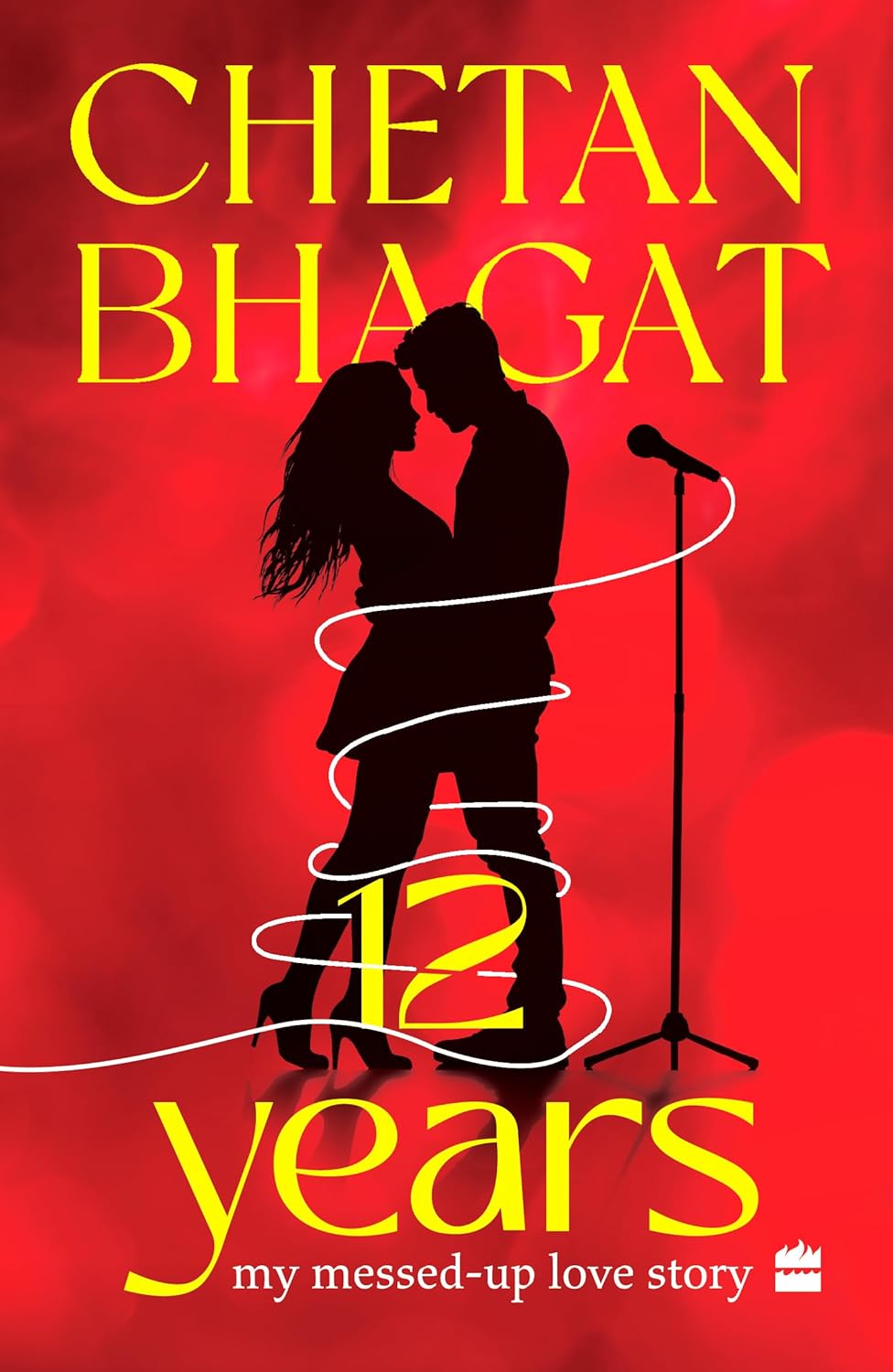12th Book of 2025
We lost one of the most popular faces of India, Mr. Piyush Pandey, last week. I had always known him as an advertising guru, often coming across his newspaper articles where he would explain how he conceptualized a recent viral advertisement. Reading multiple testimonials about him last week made me curious to learn more, which led me to pick up his autobiography titled Pandeymonium, released back in 2016. I regretted not reading it then, as it was the start of my own career — a time when I could have applied many of the principles Piyush discusses in this book.
This 264-page autobiography is written with complete honesty, where you can feel that whatever Piyush shares about himself is transparent and real. He doesn’t try to pretend or hide the behind-the-scenes moments that went into creating some of his most loved advertisements. Thankfully, most of the famous ads from my childhood — such as Fevicol, Asian Paints, Vodafone, Ponds, Center Shock, Close-Up, Cadbury, etc. — were released by the agency Ogilvy, of which Piyush was a part. Hence, reading about their ideation, execution, release, and success stories is both entertaining and nostalgic.
The author begins the book by briefing us about his family, going into detail and helping us get acquainted with each of his family members — parents and siblings. He had a large family, and he explains how their respective professions, ideologies, and interactions served as no less than Google for him. Similarly, he shares how his train journeys and cricket-viewing experiences taught him the nuances of human behavior, which later helped him immensely in drawing inspiration from real life and converting those moments into reels.
In the corporate world, people often talk about the varied experiences of working in a corporate setup versus a family-based organization. Many see family businesses as undesirable workplaces. Piyush busts this myth by narrating an experience where a puja was organized for an employee leaving for better opportunities elsewhere. He also references Nita Ambani’s working style, mentioning how she ensures everyone’s comfort and participation before proceeding with serious discussions during meetings.
Along similar lines, he explains how tough it is to work with Bollywood actors, as most of them don’t arrive on time and show little interest in understanding the organization or its vision through the advertisement. He cites the examples of Mr. Amitabh Bachchan and Aamir Khan, who are extremely professional and ensure they fully understand the product’s background and the intent of the advertisement before beginning the shoot.
The author shares several professional and corporate insights that I truly enjoyed reading and highlighting. He defines what a liberal manager truly is and how such leaders can achieve targets without being assertive or aggressive. His take on various aspects such as MNC culture, the awards and rewards system, milestones, and organizational hierarchies is enlightening and provides valuable insights that can be implemented in one’s own work life.
Talking about the drawbacks — I must say that the first half of the book is very personal, where we get to know Piyush, the human being. However, the second half loses that essence and begins to feel more like a promotion of his organization rather than his personal story. It becomes slightly monotonous after that. The last 25–30% of the book may not appeal to a general reader, as he briefly discusses his colleagues, many of whom are not known to the public.
Similarly, I was expecting him to discuss advertising as an expert, but his bias toward content generated by Ogilvy is evident, as he doesn’t cover or mention advertisements created by other agencies. There is also no mention of his personal life, family members, or friends in the second half of the book, which leaves you feeling deprived of knowing more about the man behind the professional persona.
Overall, this is a fine book — one you’ll enjoy reading, though it leaves you wanting more and never quite provides a fully satisfying experience. I would rate this book 3.5 stars out of 5.
Thanks!
WRITING BUDDHA







.JPG)
